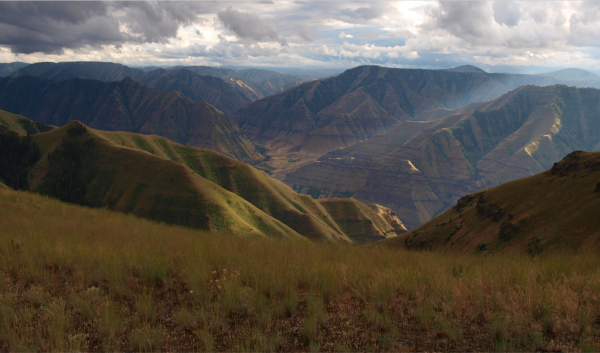Climate Literacy & Training
Climate science literacy is a basic understanding of the climate system including the natural and human-caused factors that affect it. Climate literacy also includes understanding the climate science to make climate-informed decisions, implying the need to connect the science with relevant practices and actions. The Climate Hubs build capacity to support foresters, ranchers, farmers, natural resource managers and USDA staff make climate-informed decisions through training and outreach via workshops, webinars, and products. Training focuses on climate change science, management practices, and decision support tools as they relates to each region. Enhancing climate literacy supports land management climate-informed decisions.
-
Online Tools for Northwest Federal Rangeland Managers
This collection of online tools provides vegetation production and other near real-time information for Northwest…
-
Atmospheric Rivers in the Northwest
Atmospheric rivers are an important source of water, but they may cause more damage with climate change.
-
Turn the Tap: A Focus on Soil Moisture Education
To help farmers improve their irrigation efficiency and gain greater knowledge on how to monitor soil moisture…
-
2022 Workshop Summary: Sharing Knowledge on Farming, Water, and Drought in Alaska
A collection of information, presentations, and resources from drought workshops focused on Alaskan agriculture in 2022.
-
California Southern Sierra Reforestation Symposium 2022
In the past decade alone, the Southern Sierra region has experienced extensive tree mortality, severe drought, a bark…
-
AgroClimate Workshop for Agricultural & Forestry Professionals and Partners
The USDA Northern Plains Climate Hub (NPCH) in partnership with the USDA NRCS, Intertribal Ag Council -- Rocky…
-
Adaptation Resources for Agriculture: Responding to Changes in Climate in Alaska
Information, resources, and case studies to help agricultural producers in Alaska adapt to a changing climate.










